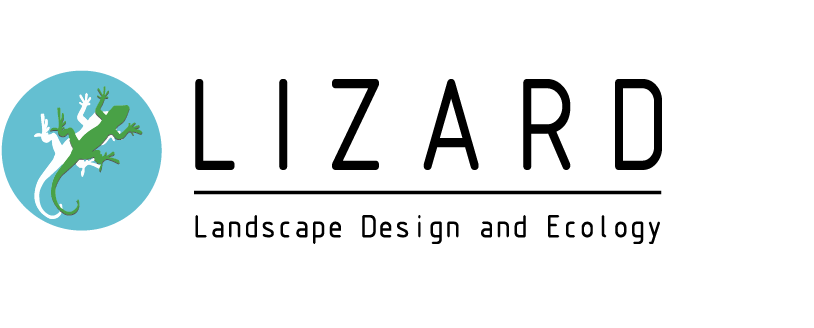Our Ecological Services: Assessing Bats, Birds & Badgers
When embarking on a new development project, understanding and mitigating its impact on wildlife is crucial. At Lizard Landscape design and Ecology, we specialise in providing comprehensive ecological services, to ensure your project aligns with environmental regulations and promotes biodiversity.
Our team of experienced ecologists and ecological consultants offers a range of ecological assessments, with particular expertise in surveying protected species such as bats, birds, and badgers. These species play vital roles in our eco systems and are protected under UK law, making their assessment a key component of responsible development planning.
The Importance of Ecological Assessments
Ecological assessments are essential for identifying the presence of protected species and habitats on a proposed development site. They inform planning decisions, help avoid legal pitfalls, and guide the implementation of mitigation strategies to minimise environmental impact. A well-prepared ecological assessment can streamline the planning process, whilst a missing or inadequate one can result in delays or outright refusals.
At Lizard Landscape Design and Ecology, we conduct thorough ecological surveys to gather data on local wildlife populations and habitat conditions. This information is crucial for securing planning permissions and ensuring compliance with environmental legislation.
Our Approach to Ecological Surveys
Our ecological consultants employ a structured approach to surveys, beginning with a Preliminary Ecological Appraisal (PEA). This is typically the first step in any ecological assessment process. It helps to identify the ecological features present on or near a development site and evaluates whether there’s a reasonable likelihood that legally protected or priority species might be affected.
This initial assessment includes:
1) Desk Study: Reviewing existing records and data on local wildlife and habitats
2) Extended Phase 1 Habitat Survey: Mapping and evaluating the habitats present on-site
3) Protected Species Assessment: Identifying potential for protected species presence and recommending further surveys if necessary.
If the PEA indicates that a site has features or habitats that could support species such as bats, birds or badgers, then phase 2 surveys are triggered. These are specific, in-depth investigations that gather detailed information about the presence, distribution and behaviour of these animals.
Ensuring Compliance and Minimising Delays
One of the most significant risks in the planning process is encountering unexpected ecological constraints late in the timeline. Our early-stage assessments help clients avoid this by identifying potential issues up front. This proactive approach not only protects the environment, but also saves time and money by reducing the likelihood of delays, objections, or enforcement action.
Bird Surveys
Birds are protected under the Wildlife and Countryside Act 1981, especially during their breeding season. Our bird surveys aim to identify nesting sites and assess how development may affect local avian populations.
What We Do
● Breeding Bird Surveys: Conducted from March to August to detect nesting activity.
● Wintering Bird Surveys: Assessing bird presence and behaviour during the non-breeding season.
● Habitat Assessments: Evaluating the suitability of the site for various bird species.
The timing and scope of these surveys depend on the species present and the nature of the development.

